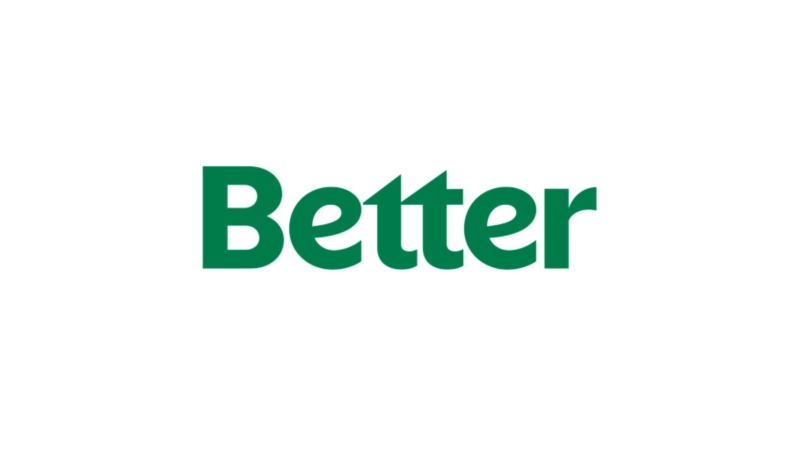Advertisement
FHA announces policy changes to address risk and strengthen finances

Federal Housing Administration (FHA) Commissioner David Stevens has announced a set of policy changes to strengthen the FHA's capital reserves, while enabling the agency to continue to fulfill its mission to provide access to homeownership for underserved communities. The changes announced are the latest in a series of changes Stevens has enacted in order to better position the FHA to manage its risk while continuing to support the nation's housing market recovery.
The FHA will propose to take the following steps: increase the mortgage insurance premium (MIP); update the combination of FICO scores and downpayments for new borrowers; reduce seller concessions to three percent, from six percent; and implement a series of significant measures aimed at increasing lender enforcement. U.S. Housing & Urban Development (HUD) Secretary Shaun Donovan previewed the changes in December of last year, noting that the FHA would announce additional details before the end of January.
"Striking the right balance between managing the FHA's risk, continuing to provide access to underserved communities, and supporting the nation's economic recovery is critically important," said Commissioner Stevens. "When combined with the risk management measures announced in September of last year, these changes are among the most significant steps to address risk in the agency's history. Additionally, by continuing to provide affordable, responsible mortgage products, FHA will support the housing market's recovery. Importantly, FHA will remain the largest source of home purchase financing for underserved communities."
Announced FHA policy changes:
1. Mortgage insurance premium (MIP) will be increased to build up capital reserves and bring back private lending
● The first step will be to raise the up-front MIP by 50 bps to 2.25 percent and request legislative authority to increase the maximum annual MIP that the FHA can charge.
● If this authority is granted, then the second step will be to shift some of the premium increase from the up-front MIP to the annual MIP.
● This shift will allow for the capital reserves to increase with less impact to the consumer, because the annual MIP is paid over the life of the loan instead of at the time of closing
● The initial up-front increase is included in a Mortgagee Letter to be released Jan. 21, 2010, and will go into effect in the spring.
2. Update the combination of FICO scores and down payments for new borrowers.
● New borrowers will now be required to have a minimum FICO score of 580 to qualify for FHA's 3.5 percent downpayment program. New borrowers with less than a 580 FICO score will be required to put down at least 10 percent.
● This allows the FHA to better balance its risk and continue to provide access for those borrowers who have historically performed well.
● This change will be posted in the Federal Register in February and, after a notice and comment period, would go into effect in the early summer.
3. Reduce allowable seller concessions from six percent to three percent.
● The current level exposes the FHA to excess risk by creating incentives to inflate appraised value. This change will bring FHA into conformity with industry standards on seller concessions.
● This change will be posted in the Federal Register in February, and after a notice and comment period, would go into effect in the early summer.
4. Increase enforcement on FHA lenders.
● Publicly report lender performance rankings to complement currently available Neighborhood Watch data which will be available on the HUD Web site on Feb. 1.
● This is an operational change to make information more user-friendly and hold lenders more accountable; it does not require new regulatory action as Neighborhood Watch data is currently publicly available.
● Enhance monitoring of lender performance and compliance with FHA guidelines and standards.
● Implement Credit Watch termination through lender underwriting ID in addition to originating ID. This change is included in a Mortgagee Letter to be released Jan. 21, 2010, and is effective immediately.
● Implement statutory authority through regulation of section 256 of the National Housing Act to enforce indemnification provisions for lenders using delegated insuring process. Specifications of this change will be posted in March, and after a notice and comment period, would go into effect in early summer.
● HUD is pursuing legislative authority to increase enforcement on FHA lenders. Specific authority includes:
► Amendment of section 256 of the National Housing Act to apply indemnification provisions to all Direct Endorsement lenders. This would require all approved mortgagees to assume liability for all of the loans that they originate and underwrite.
► Legislative authority permitting HUD maximum flexibility to establish separate "areas" for purposes of review and termination under the Credit Watch initiative. This would provide authority to withdraw originating and underwriting approval for a lender nationwide on the basis of the performance of its regional branches.
"The changes outlined today are obviously designed to improve FHA's financial position and ensure its long term ability to guarantee affordable mortgages for qualified home buyers, particularly first-time buyers. The fact is that many lenders have already tightened their credit standards well in advance of this announcement in an effort to mitigate the risks posed by the current housing environment," said Robert E. Story Jr., CMB, chairman of the Mortgage Bankers Association (MBA). "Borrowers may have to pay a little more for their FHA-insured mortgages or certain borrowers will have to put more money down for their home, but these changes are necessary given the stress that the housing downturn has put on the FHA program. MBA supports FHA's efforts to root out those lenders who pose undue risk to the program. We will work with FHA to ensure those efforts include fair and thorough investigations and appropriate due process for lenders who could be impacted."
In addition to the changes proposed today, the FHA is continuing to review its overall response to housing market conditions, and continuing to evaluate its mortgage insurance underwriting standards and its measures to help distressed and underwater borrowers through FHA/HAMP and other FHA initiatives going forward.
For more information, visit www.hud.gov.
About the author





